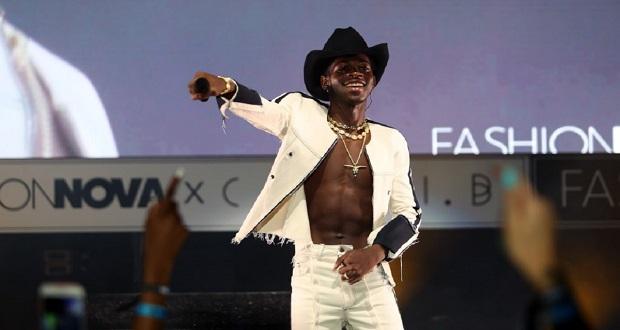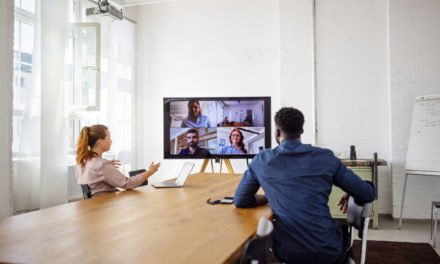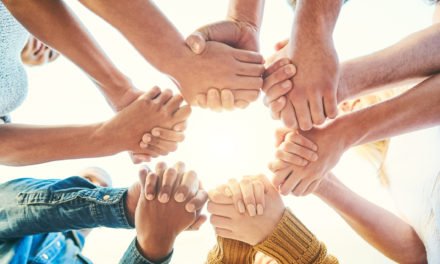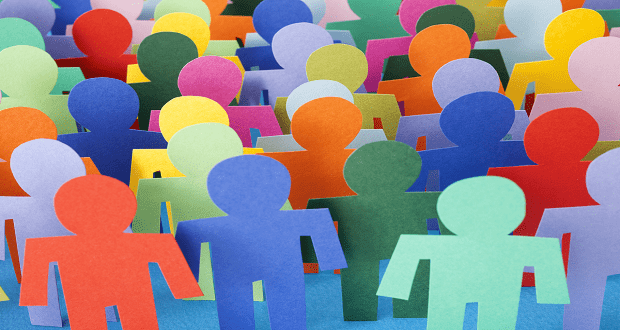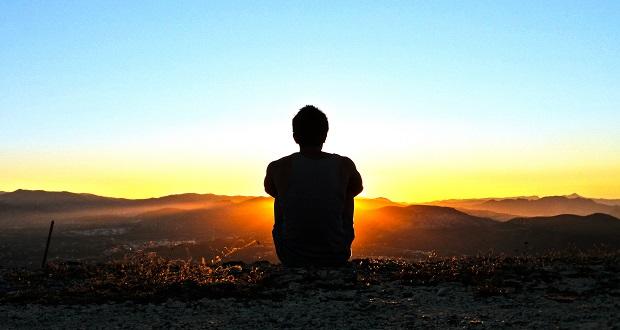
The teacher is of course an artist, but being an artist does not mean that he or she can make the profile, can shape the students. What the educator does in teaching is to make it possible for the students to become themselves. –Paulo Freire
Paulo Freire, a Brazilian philosopher, educator, and political activist, is the founder of Critical Pedagogy—a formidable discipline in education philosophy. His classic text, Pedagogy of the Oppressed, was transformative in my own journey and development as an educator when I worked in higher education as a college instructor. Regretfully, Freire’s ideas have not been nearly as influential in business circles as they have been in education. But there is no more fruitful ground for Freire’s thought than the landscape of diversity and inclusion work.
One of Freire’s core concepts was the idea of conscientization, the inherent ability of humans to critically reflect, and act, on their worlds—or in Freire’s words, “to speak back to their world.” Freire was adamant that the role of the educator, of all stripes, was not to influence others by giving them new knowledge, but to join people in their transformation of themselves. People’s freedom of conscience, and their expertise on their own cultural experiences, is the fountainhead for personal transformation. The educator’s, or D&I (diversity and inclusion) consultant, role in personal and social transformation is not in providing new cultural facts that increase one’s knowledge, but in providing tools and maps that assist others in their own cultural journey.
In this way, people transform themselves as they critically reflect on their cultural identities and cultural experiences in relationship with others. One of my favorite parts of our work at The Winters Group is inviting people to reflect on their cultural identities and cultural life experiences that have deeply shaped them. It is always fascinating and liberating to hear stories of people who see themselves in a new light or gain a new understanding of their experiences as a result of the tools we provide them—but the real work is always their own. As research and experience testify, it is not just cultural experiences that transform us, but critical reflection on those experiences that cause real growth.
In the fast paced, results driven culture of many organizations, it is imperative to keep the “slow”, reflective, and experiential nature of this work on the forefront. Our instincts to educate by passing along information may meet the demands of efficiency, but they stifle the work of transformation. True education is not in providing new facts, but in providing transformative experiences where people reflect on the “facts” of their cultural place in the world, and their ability to transform themselves in it. The real power of cultural competency education is in providing maps, guides, and tools that fellow travelers can use to make sense of the paths they’ve traveled, and trek new paths in the future. It is the critical nature of cultural competency education that provides people the opportunity to understand themselves and their cultures in new ways—to “speak back to the world” in order to change it.

